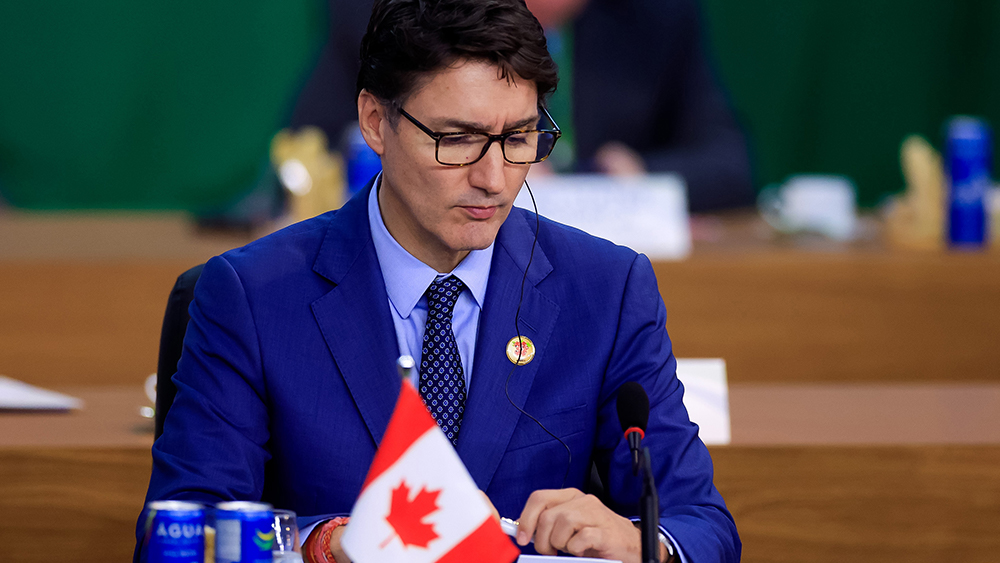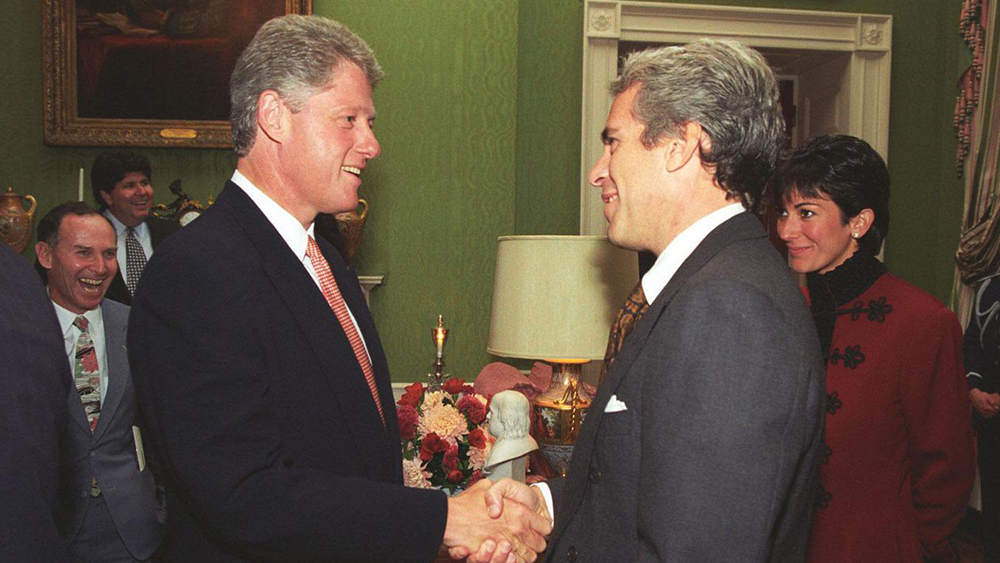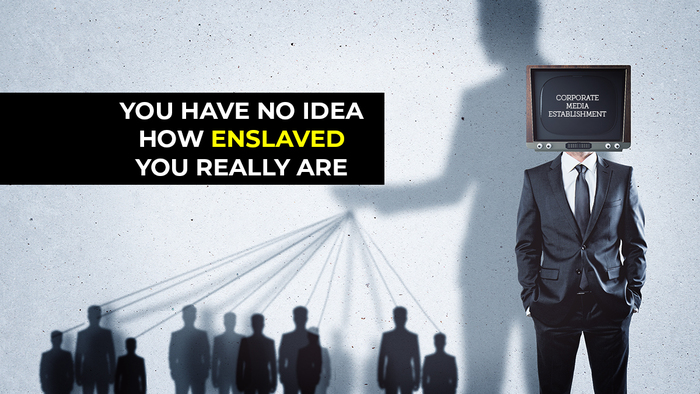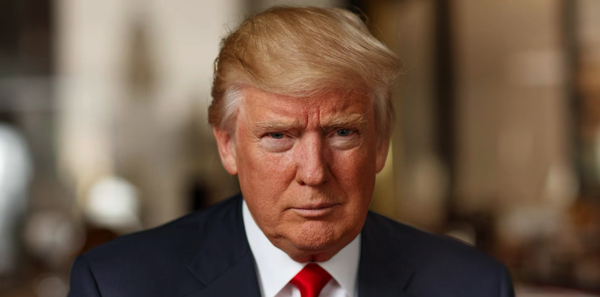Crisis in liberal stronghold: Media Matters collapses under legal battles over free speech
07/29/2025 / By Willow Tohi

- Media Matters faces bankruptcy after $15M in legal fees from Elon Musk’s lawsuit over deceptive campaigns against X.
- The conservative-owned platform alleges the nonprofit used fake accounts and manipulated servers to trick advertisers into boycotting X.
- Democratic donors, including George Soros allies, have retreated amid FTC probes into collusion and risk of political fallout.
- Internal strife, staff cuts and unpaid legal debts to Marc Elias’s firm threaten to shutter the 22-year-old Democratic boutique.
- The scandal underscores tensions over free speech, censorship and the role of activist nonprofits in shaping online discourse.
Liberal advocacy group Media Matters is disintegrating under the weight of legal liabilities, financial instability and political fallout as it clashes with Elon Musk’s X in a landmark free speech battle. Faced with $15 million in legal costs from a defamation suit, fleeing donors including George Soros allies, and investigations into allegedly colluding to censor advertisers, the Democratic-founded nonprofit now risks dissolution. Musk’s accusation that the group fabricated evidence to attack X’s ad revenue highlights a broader ideological conflict between platforms that prioritize free speech and activists seeking to control narratives. As Media Matters struggles to survive, its unraveling reveals vulnerabilities at the heart of corporate-backed media censorship campaigns.
Roots of the conflict: A decade of defamation
Founded in 2003 by Democratic operative David Brock, Media Matters built its reputation as a “watchdog” targeting conservative media like Fox News and ZeroHedge. Funded by figures such as George Soros, its mission expanded to combating “radical right-wing misinformation.” Critics, however, branded it a partisan tool for silencing dissent.
The recent clash with Musk traces to November 2023, when Media Matters accused X of placing corporate ads near neo-Nazi content. “As X owner Elon Musk continues his descent into white nationalist and antisemitic conspiracy theories,” the group alleged major advertisers like Apple and IBM were displayed next to pro-Hitler posts.
X disputed the claims, asserting Media Matters created a fake account to artificially amplify extremist content, guaranteeing ad placements. Internal analytics showed none of the cited ads appeared for typical users, with one placed only to the group’s own manipulated timeline. By January 2024, Musk sued, alleging Media Matters “illegally colluded” to suppress X’s revenue—a move that triggered a cascade of financial and legal crises.
The legal tsunami: $15M fees and a fracturing firm
The lawsuit snowballed into a $15 million legal obligation for Media Matters. Musk’s countersuit exposed attempts by the nonprofit to settle privately, demanding an apology and $1.4M payment. When Media Matters refused, Musk escalated to a defamation case seeking punitive damages.
The financial toll deepened as Republican attorneys general launched parallel investigations under former President Donald Trump’s FTC, probing whether Media Matters colluded with advertising groups to suppress corporate ads on X—a potential antitrust violation.
Adding strain, Media Matters’ long-time legal counsel, Marc Elias’ firm, demanded $4 million in unpaid legal fees, offering a 50% discount for immediate payment. Media Matters’ Chief Development Officer, Mary Pat Bonner, responded incredulously in an internal email: “You must be kidding!… We’ve been friends for 16 years!”
The group slashed staff, cut costs and awaited donations that never materialized. Major donors—including Soros-backed entities—pulled funding, fearing legal liability and backlash. By Q3 2025, staff levels were cut by nearly half, while unpaid bills piled up alongside existential threats from Musk’s X, which reportedly proposed a settlement requiring Media Matters to cease operations.
The irony of a watchdog under siege
Media Matters now finds itself in the crosshairs of the same scrutiny it once directed toward conservative outlets. The FTC’s collusion probe mirrors X’s allegations, while Musk’s claims of “deception” mirror past Media Matters critiques of far-right media.
The nonprofit’s CEO Angelo Carusone insists the fight continues: “We understand this battle is larger than us,” he told the New York Times. But the reality contradicts his defiance. Stalemate negotiations, a crumbling donor base, and Elias Law’s ultimatum leave the group days from court withdrawal—a move that could trigger a default judgment in Musk’s favor.
A watershed for digital censorship
Media Matters’ decline represents a pivotal moment in the culture war over online speech. Its model—financed by elite donors to attack alternative voices—has long shaped internet discourse, yet its collapse signals shifting battlefield dynamics.
For conservatives, the case validates claims about activist groups weaponizing legal systems to silence ideological opponents. “The karma might just come with a bankruptcy filing,” noted a source, echoing broader free speech critiques of “woke” censorship.
Meanwhile, X’s legal victory could embolden tech platforms to resist external pressures, though critics argue allowing extremist content to flourish without accountability poses its own risks.
A new chapter in the free speech wars
As Media Matters teeters toward insolvency, Musk’s victory halo could reshape the rules governing tech’s role in public debate. Yet the episode also highlights the fragility of groups operating outside traditional journalism norms—a cautionary tale for entities reliant on ad revenue or partisan funding.
For now, X and its fortunes remain knotted to Musk’s legal triumphs, but the broader war over who controls information—corporate censors, capitalists, or governments—remains unresolved. The real question is whether Media Matters’ fall signals a tectonic shift—or merely another skirmish in the endless struggle for free speech.
Sources for this article include:
Submit a correction >>
Tagged Under:
bias, bigtech, Censorship, Elon Musk, free press, free speech, Glitch, intolerance, left cult, media fact watch, Media Matters, money supply, propaganda, smearted, Soros, Suppressed, wokies
This article may contain statements that reflect the opinion of the author
RECENT NEWS & ARTICLES
COPYRIGHT © 2018 DECEPTION.NEWS
All content posted on this site is protected under Free Speech. Deception.news is not responsible for content written by contributing authors. The information on this site is provided for educational and entertainment purposes only. It is not intended as a substitute for professional advice of any kind. Deception.news assumes no responsibility for the use or misuse of this material. All trademarks, registered trademarks and service marks mentioned on this site are the property of their respective owners.



















